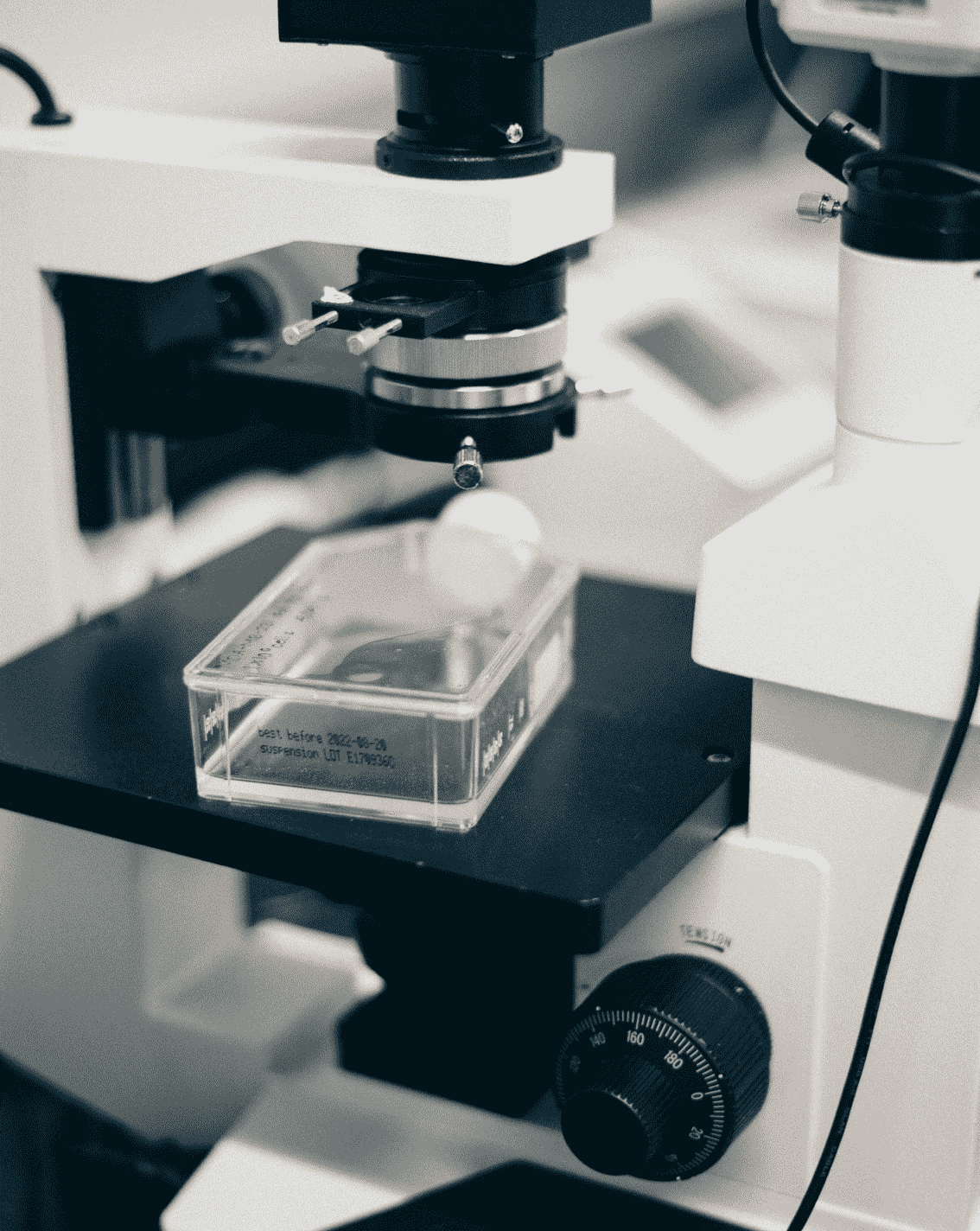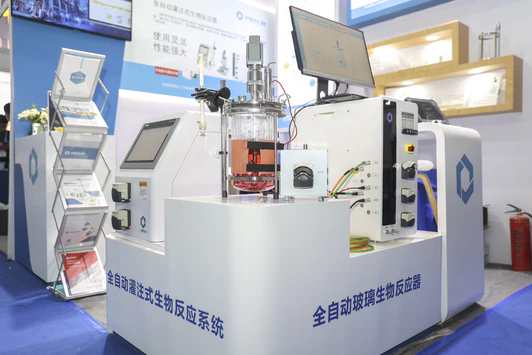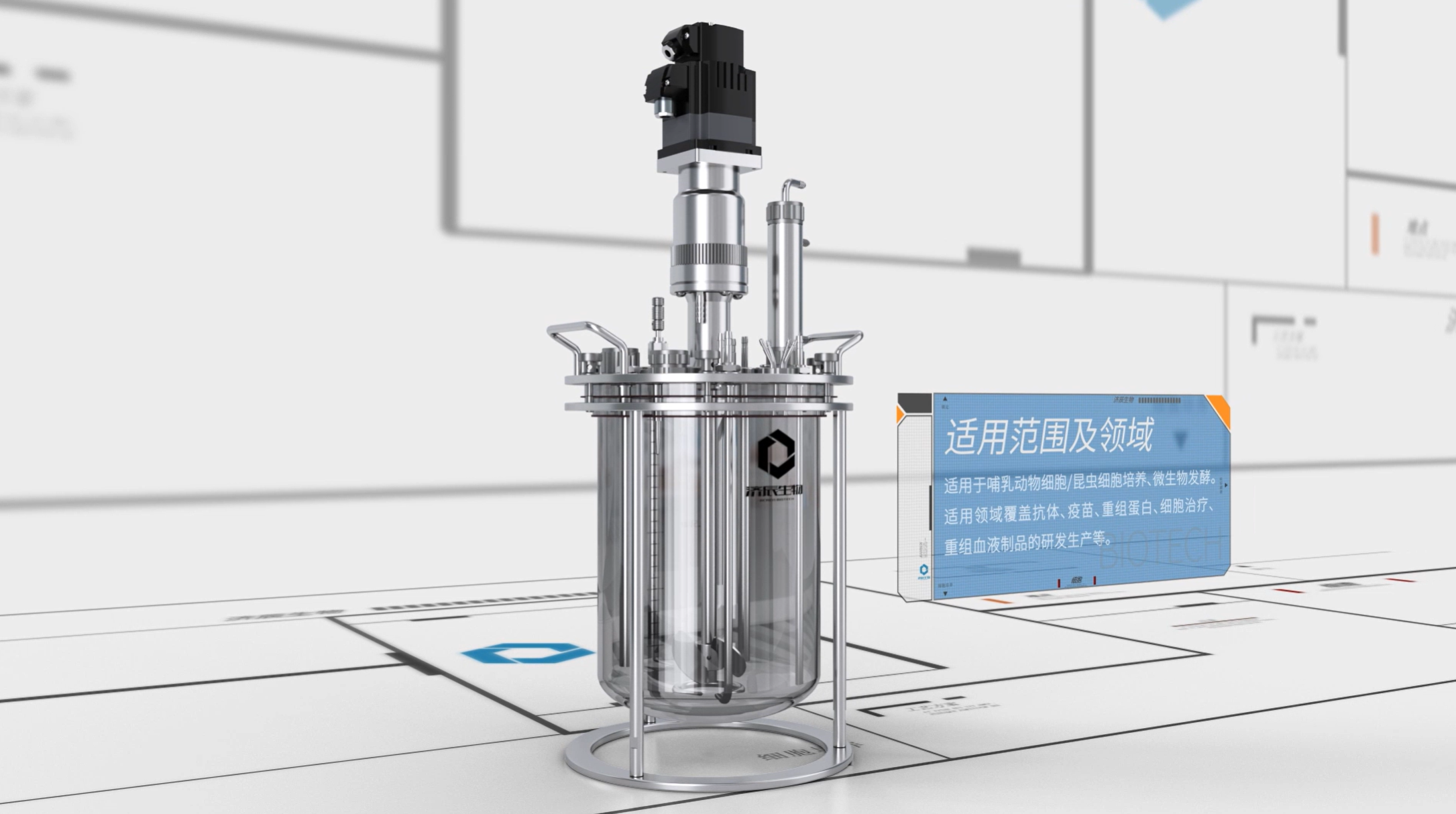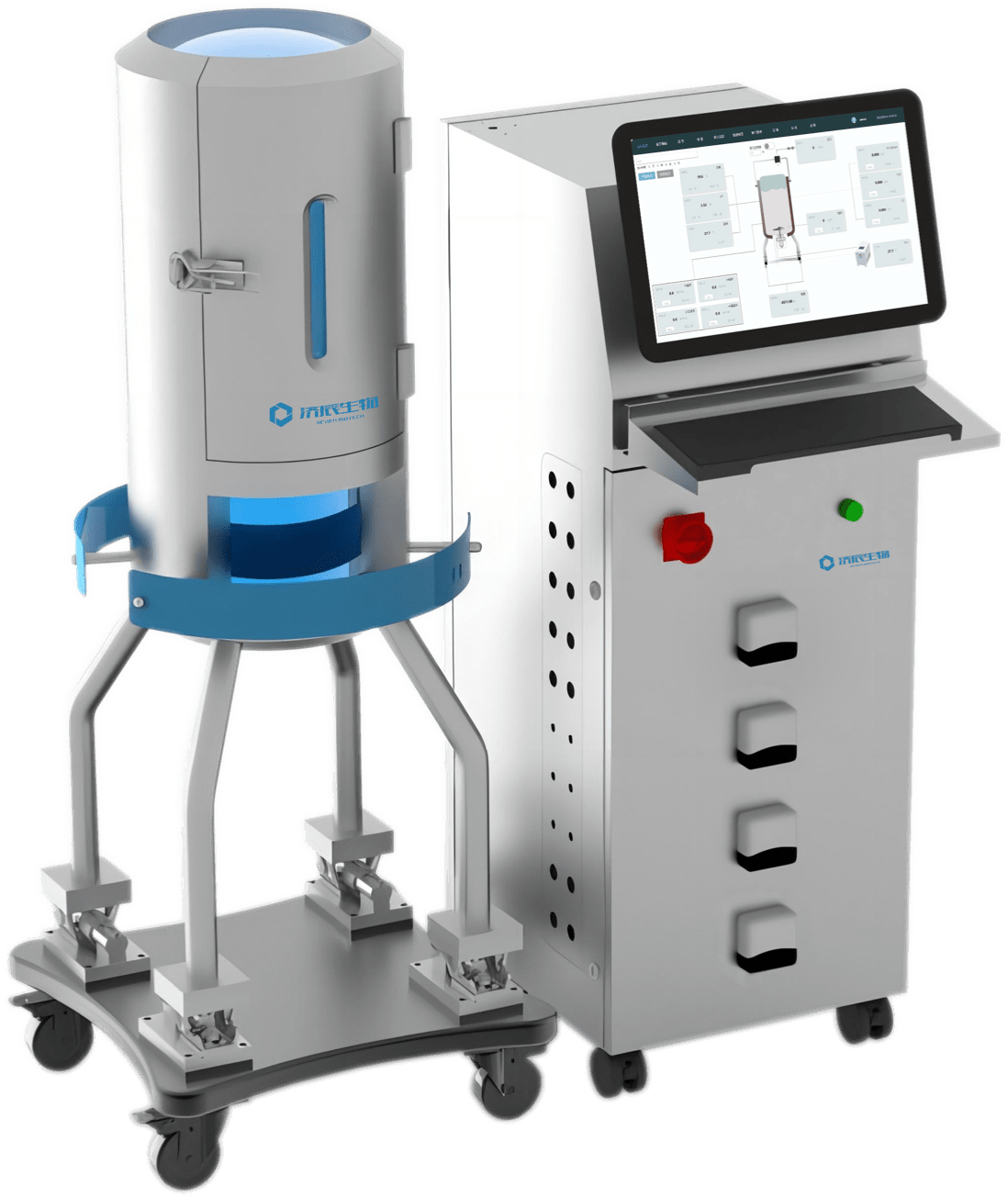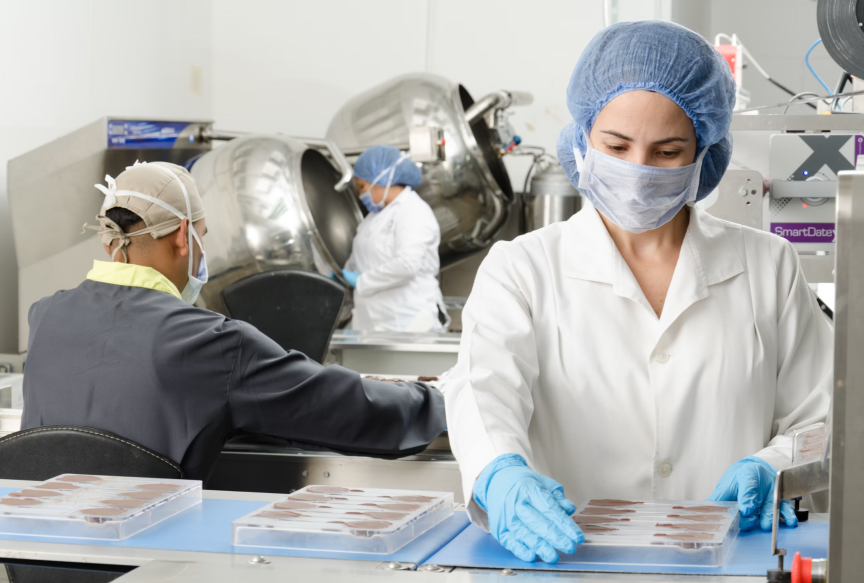Over the past decade, significant advances have been made in single-use technology (SUT) and its disposable (limited use) technology for a variety of bioprocesses. Until recent years, most process equipment in the industry relied on thermal methods such as autoclaving for sterilization. Most of this equipment is reusable and needs to be cleaned and sterilized before use, a process that not only requires validation, but is also costly and time-consuming.
Production facilities rely on fixed rigid piping and insufficiently flexible equipment such as large stainless steel bioreactors and storage tanks. However, today's advanced SUT technologies enable rapid batch-to-batch and product-to-product changeovers with rapid deployment, greater flexibility, and less resources for cleaning, sanitization, and validation than stainless steel systems. This results in lower capital costs, as well as faster time-to-market.
Numerous single-use systems (SUS) are being used in upstream processes such as cell culture inoculation, media preparation, aseptic sampling, aseptic connection/disconnection and deep filtration. The number of single-use bioprocess applications is increasing, and suppliers of SUS continue to offer opportunities to reduce contamination risk and save time.
While stainless steel operations remain an important part of the industry and dominate commercial manufacturing, SUTs have become a new trend in the evolution of bioprocessing technology.
Demand for SUTs
Investment in new manufacturing facilities has increased as demand for biopharmaceuticals has grown. Some of these new facilities differ significantly from traditional stainless steel-based facilities. Traditional large-scale facilities typically limit the use of SUTs to the early inoculation phase of cell culture. Now, however, the use of disposable technology is expanding to all aspects of biopharmaceutical production - from the early inoculation stage to final filling.
For example, in September 2017, Eurofins Amatsigroup's "Disposable-Lab" facility produced the first injectable clinical batches in disposable flexible film isolators.
There are a number of factors driving the widespread use of SUTs in biomanufacturing, including reduced capital costs, shorter batch changeover times, increased process flexibility, and a reduced risk of batch-to-batch cross-contamination. Cleaning-in-place and steam-in-place (CIP/SIP) operations are not required when using SUT technology, as disposable technologies typically use gamma radiation for sterilization. As a result, the piping and instrumentation for SUT is simplified compared to conventional stainless steel equipment.
